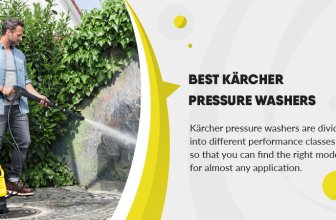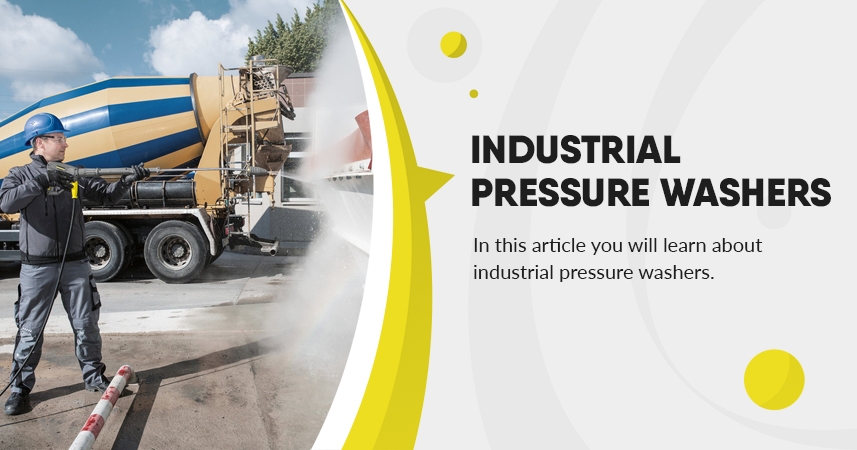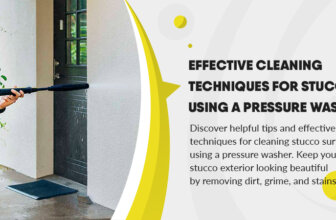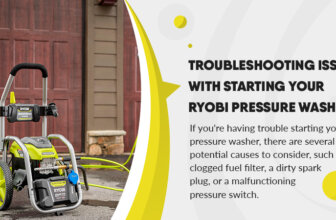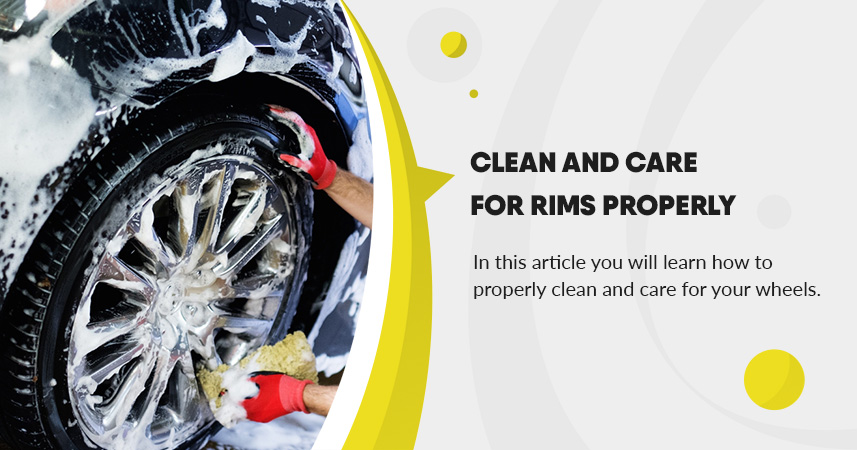
If you want to clean rims, you should use the right agents according to the type of rims you have. They come in a wide variety of materials, sizes, shapes, colours and variants. Unsuitable rims would ruin the overall appearance of even a very beautiful and expensive car. If you have chosen the right ones, you will also have to clean the rims afterwards. They must have been expensive, and it would be a pity if they lost their shine.
Why do we have to clean the rims so often?
It really makes you wonder where all the dirt on our rims comes from – even in nice weather and after driving mostly on smooth roads. There is an explanation for this: The most stubborn dirt is caused by less environmental influences than burnt-in brake dust, which is always there. It is almost impossible to get rid of it with a brush when cleaning rims. Even a simple wash in a car wash is not enough. Moreover, car cleaning with a pressure washer, rags, brushes and the right cleaning agents is much more effective and gentle on the material.
Brake dust is external dust, but the problem is the high heat acting on the wheels during braking. This causes the dust to burn into the metal of the rims. The front wheels are the worst affected (see below). In addition to brake dust, road dirt and, in winter, road salt contaminate the rims very badly. The latter leads to corrosion. It is helpful at this time of year if we do not clean our rims too infrequently and also use a high-quality high-pressure cleaner.
Cleaning rims: Differences between front and rear rims
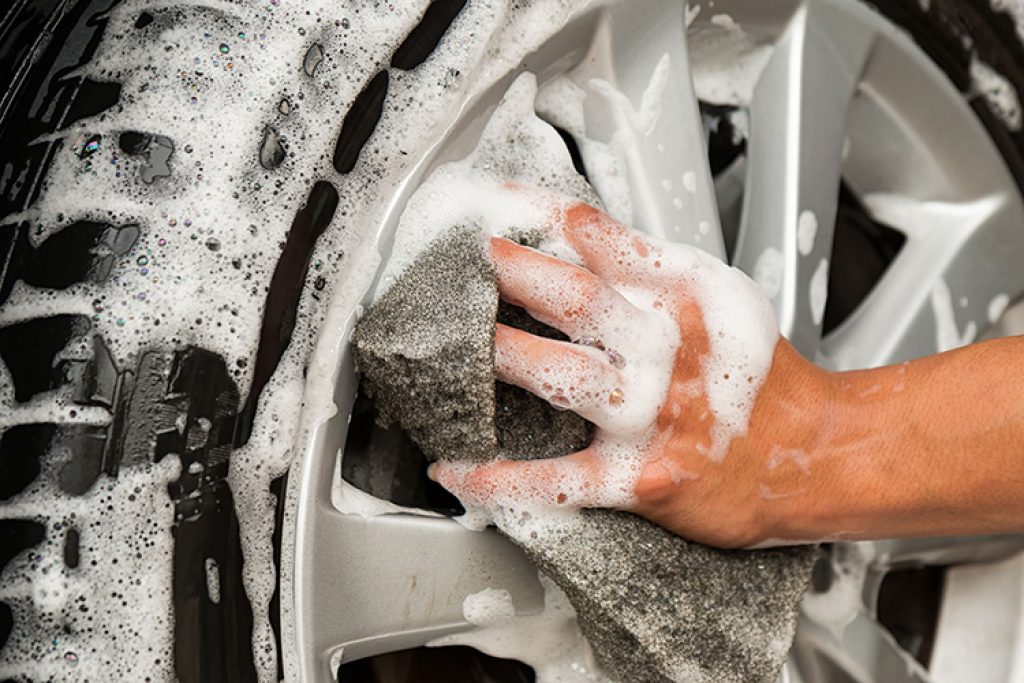
Front rims are always dirtier than those on the rear axle. There is an explanation for this: At the front, the position of the wheels alone causes more brake dust to accumulate, which burns into the rims under the high heat.
What do you need to clean the rims?
The necessary materials and aids are mechanical and chemical in nature. If you want to clean your rims professionally, you will need the following:
- chemical rim cleaner for steel and aluminium rims
- a brush, cloth, microfibre sponge (for chrome rims) or toothbrush for rubbing in
- A high-pressure cleaner for heavy soiling.
There are many industrial rim cleaners that cost around seven to 20 pounds and for which there are also extensive tests.
Cleaning rims: Procedure
-
Apply rim cleaner
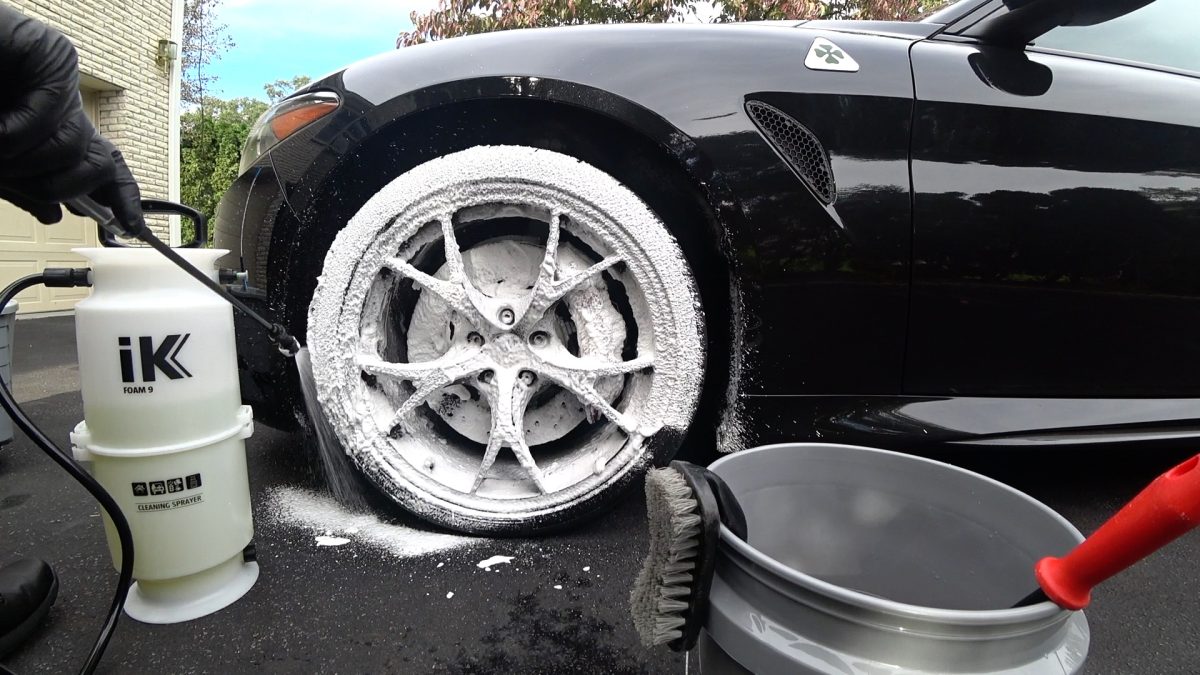
The rims must be dry. Then spray on the rim cleaner and leave it to work for a while (the time is given in the instructions). Hard-to-reach places can only be reached with a brush. Always use a rim cleaner with little acid – this will attack the paint on the rim.
-
Clean the rims with a brush
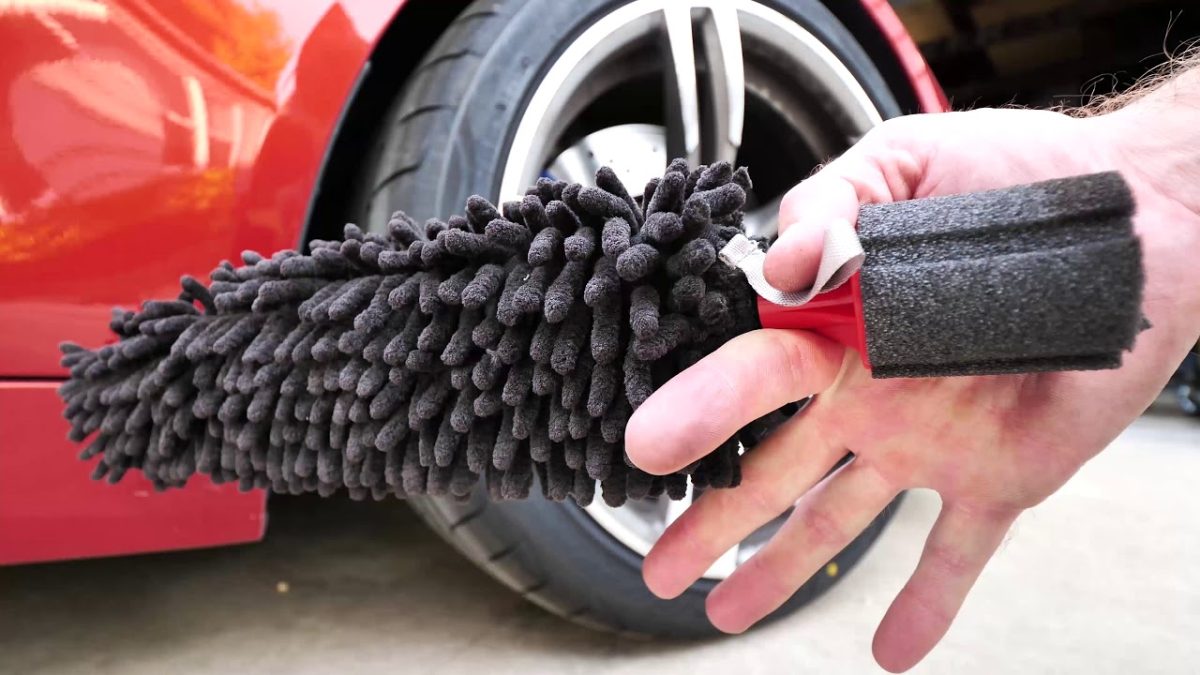
A lot of stubborn dirt can be found on rims. You need a brush for this. There are special brushes for this purpose, but a soft toothbrush can also suffice. The brush must not be too hard, otherwise it could scratch the paintwork.
-
Seal the rims
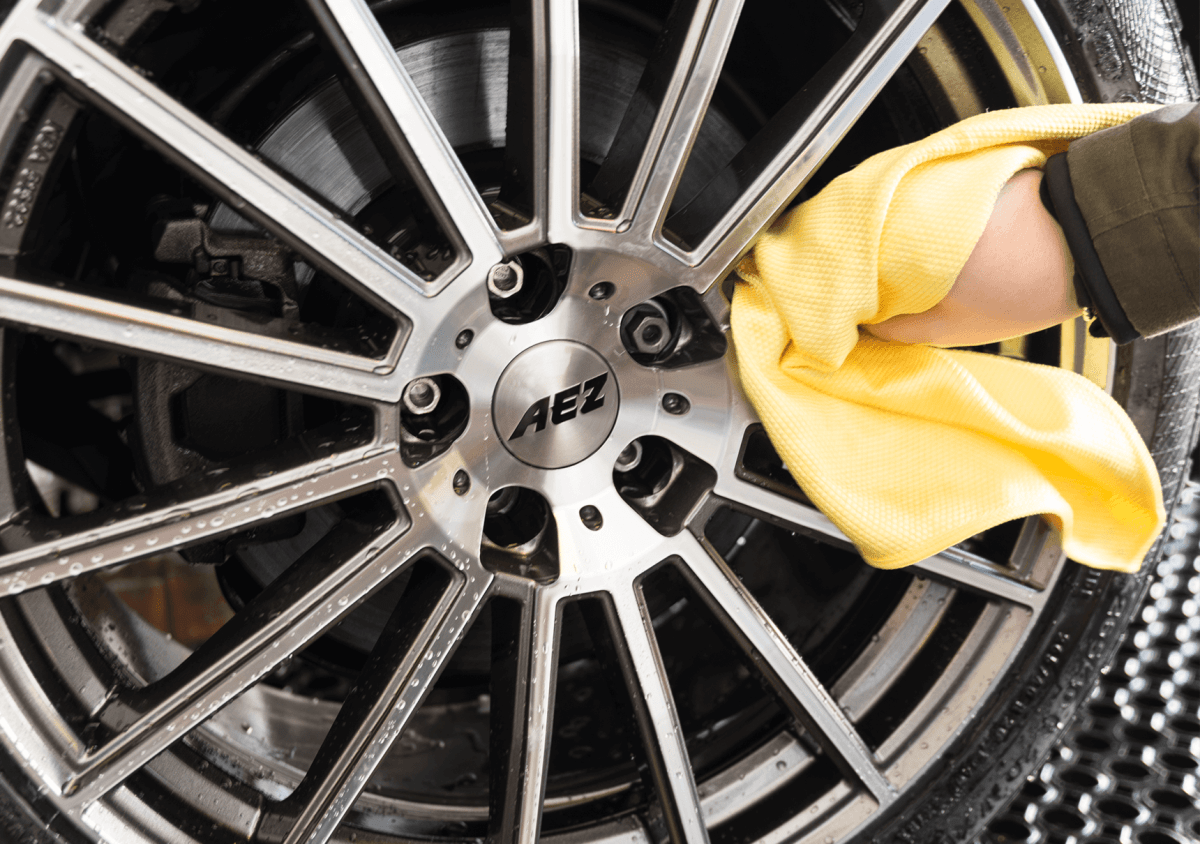
Rinse off the cleaner and then seal the rims. A high-pressure cleaner can be very useful when rinsing off. If you use it, keep a sufficient distance from the wheel and do not hold the nozzle directly against the rim. The high-pressure cleaner could also damage the paintwork. You can seal dry rims with special rim sealant. Rub it on with a really soft cloth. The sealant protects the rim from new brake dust, road salt and road dirt, and it also creates a great shine. It lasts for a few weeks or even months, depending on the weather.
Cleaning chrome rims
Caution is advised with chrome rims. The rim cleaner used must not contain any acid or only a very small amount. The instructions for use usually state whether the cleaner in question is suitable for chrome rims at all. Careful vehicle owners avoid using chemical rim cleaners on chrome rims altogether. They clean by hand with warm water and a washing-up liquid that works as a very mild cleaner. A soft microfibre sponge is suitable for wiping and a soft polishing cloth for drying.
Cleaning aluminium rims
Aluminium rims are also cleaned as described above. Spray them with a high-pressure cleaner and then use a suitable rim cleaner. For aluminium rims, this should also contain no acid or at most very little acid. Normal all-purpose cleaners with a high grease dissolving power are suitable for aluminium rims. Ideally, aluminium rims can be cleaned with a cotton cloth, otherwise use a very soft brush. Again, sealing afterwards is a good idea, especially before storing in winter/summer. Spraying the rim with oven spray beforehand, which should be left on for around 15 minutes, is an excellent way of removing dirt.
Cleaning steel rims
Here, too, the first step is to clean with high pressure, but for steel rims in particular, the programmes of car washes are also suitable for rim cleaning, at least as a first step. This means you can dispense with pre-cleaning. Now use a suitable rim cleaner, which can be left on for a little longer – up to 20 minutes for steel rims. The subsequent cleaning with a brush and cleaning cloth only takes about three minutes per tyre. You only need to apply the rim sealant to steel rims if they are stored in winter/summer.
Cleaning rims with household products
When cleaning rims, you can certainly use some household remedies. Suitable products include toothpaste and margarine. Toothpaste – definitely one without abrasive particles – can be used to remove very stubborn dirt. Leave it to soak in for a few minutes and then wipe off the paste, including the dirt, with a soft cloth. The margarine gives the rims a fabulous shine that can last up to 14 days in normal weather conditions. For delicate rims, dishwashing detergent is suitable as a household product, which you dilute normally (as for washing up).
Cleaning rims regularly saves money
If you clean your rims regularly, you will save a lot of money on new purchases, which are usually unavoidable after a few years if the rims are still to look reasonable. You can clean alloy wheels after 14 days to four weeks, perhaps even more often in winter. This prevents road salt, brake dust and road dirt from settling in the first place.








